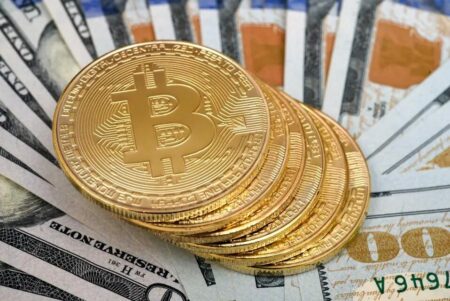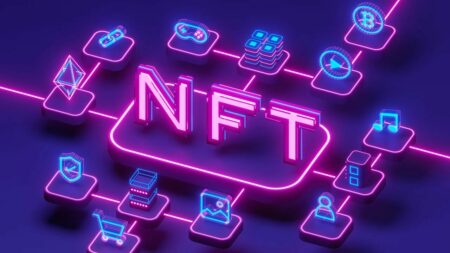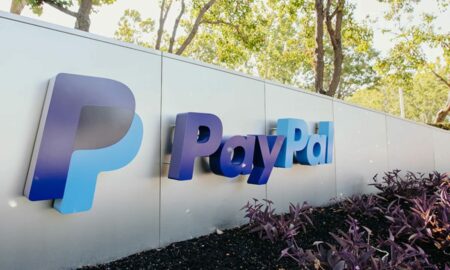In the dynamic universe of video games and online gaming, the market for skins is experiencing exponential growth. Skins, which are customizable outfits and accessories that enhance a character’s image and abilities, are becoming a pivotal part of the gaming economy. Interestingly, this trend is paving the way for significant implications for NFTs, especially in the sphere of gaming assets.
TL;DR
- The thriving market for gaming skins, which are customizable in-game outfits and accessories, is influencing the non-fungible tokens (NFTs) sector, suggesting a promising future for NFTs in the gaming industry.
- Despite skepticism towards NFTs, the enduring demand and mainstream acceptance of skins could help the NFT sector leverage this trend and overcome controversy.
- By emphasizing the similarities between skins and NFTs, such as their uniqueness, traceability, and security, the NFT sector could secure a strong position in the digital economy.

The Future of NFT Gaming?
Skins and NFTs are both virtual commodities that can be bought, sold, and utilized within specific gaming universes. However, a key distinction lies in their underlying technology. While skins are not based on blockchain technology, NFTs are. Moreover, skins are now mainstream, contrary to NFTs
Given the popularity of gaming skins, there’s a potential for this trend to permeate the NFT space. The enduring growth of the skins market signals a promising future for NFTs. Gamers have consistently shown a willingness to invest in in-game features and outfits. This unwavering demand, which has remained strong even as the market has evolved, indicates a likely demand for NFTs in the future.
The NFT space can capitalize on this development by positioning NFTs as a medium to buy and sell skins. The non-fungible nature of these assets guarantees that gamers are acquiring truly unique items. Moreover, the traceability of NFT ownership transfers provides an added layer of security. This is particularly crucial given the persistent issue of skins theft in the gaming community.
The Skins Market, an Opportunity for NFTs
However, it’s worth noting that the adoption of NFTs by gaming giants has not been without controversy. If more leading gaming companies emphasize the functionality of NFTs-as-skins for their players, it could potentially quell the controversy.
Additionally, marketing NFTs to those who are not involved in gaming but are familiar with skins could also prove beneficial.
In conclusion, the advantages that NFTs offer are increasingly sought after within the gaming community. The skins market demonstrates that custom and rare digital accessories are always in vogue. If the NFT sector can leverage this surge in skin sales, it could secure a strong position in the gaming industry and beyond.
All investment/financial opinions expressed by NFTevening.com are not recommendations.
This article is educational material.
As always, make your own research prior to making any kind of investment.








